8 things every Hades player should know
I'd say this is everything you need to know, but let's not tempt the Greek gods with literal hubris.
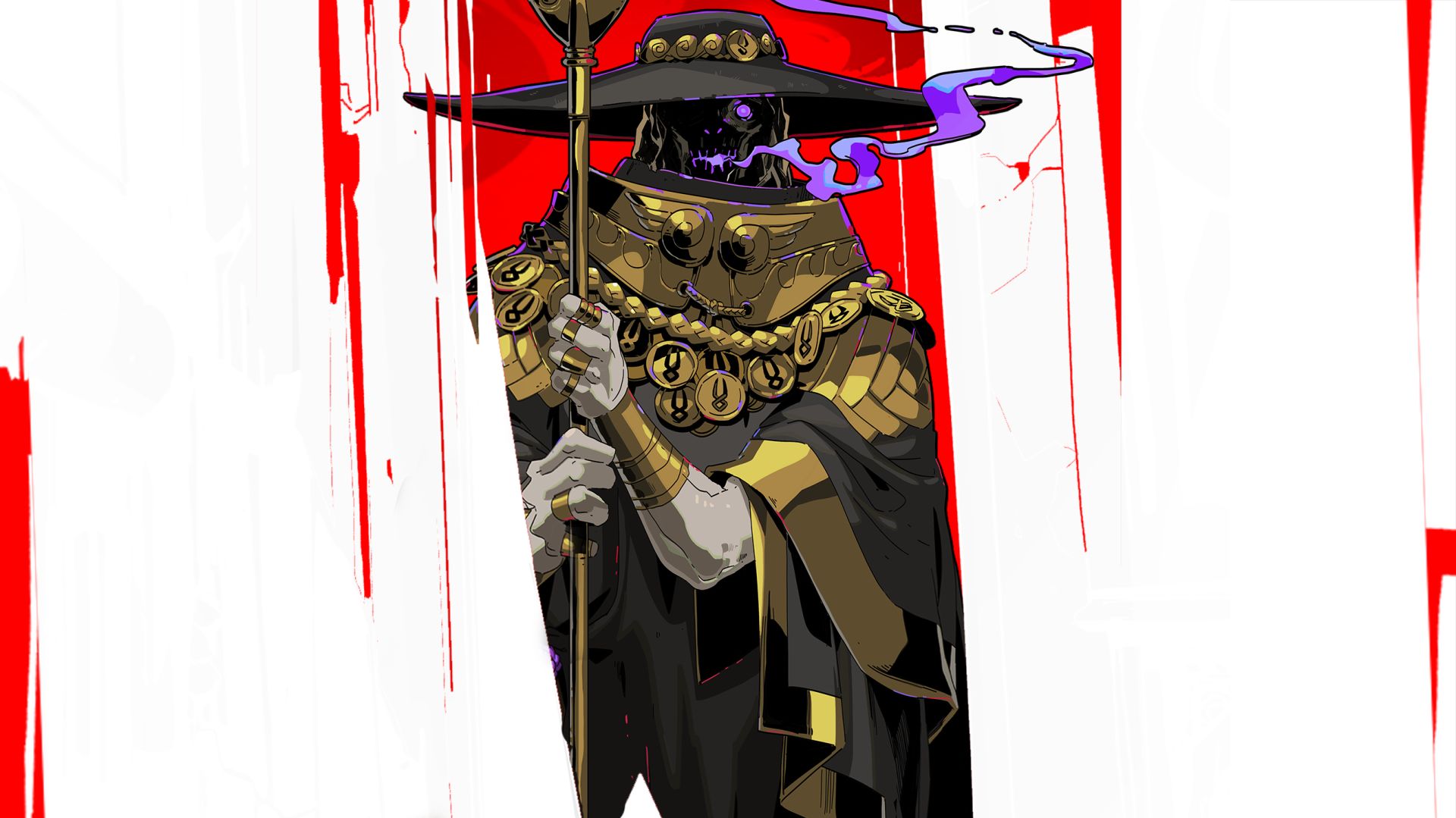
Looking for a Hades guide to get you started in Supergiant Games' indie dungeon crawler? As with every roguelike, there's a lot of things about Hades that might not be immediately obvious. For instance, did you know that you can only get two boons from Hermes in any given run? There you go, you can have that one for free.
Hades doesn't hide the basics from you, but it's the nature of a roguelike to contain so many layers and interactions between them that some things are going to end up obfuscated. Here are eight Hades tips you should know.
Armored enemies can't be stunned
When shades have a yellow health bar and a yellow outline around them, that means they're armored. Once the yellow bar has been chipped away the armor breaks and you have to wipe out the red health bar to finish them off.
Before the armor's broken they're also immune to staggering. Knockback effects only seem to push them back a little, if at all. Weapons and builds that seem great when you're using them to stunlock regular enemies in Tartarus can suddenly become liabilities when you reach Elysium, where armor is common.
Athena's divine dash is a top-tier boon
Every boon offered by the gods is worthwhile, though sometimes they only shine with a specific build. One boon that's always worth taking is divine dash, one of Athena's common boons, which surrounds Zagreus with shields whenever he dashes.
With this boon you'll cause damage to enemies when dashing through them, and deflect their attacks. It can take a little getting used to, but it means that, when a gorgon head or the hydra is spitting something nasty, it's worth dashing into it just to knock it back for a little bit of damage.
The best thing about divine dash isn't mentioned in the boon's description, however. Normally you get a few frames of invincibility in the middle of a dash, but with Athena's boon that's substantially extended on both sides. It's much more forgiving of the accidental late or early dash.
Keep up to date with the most important stories and the best deals, as picked by the PC Gamer team.
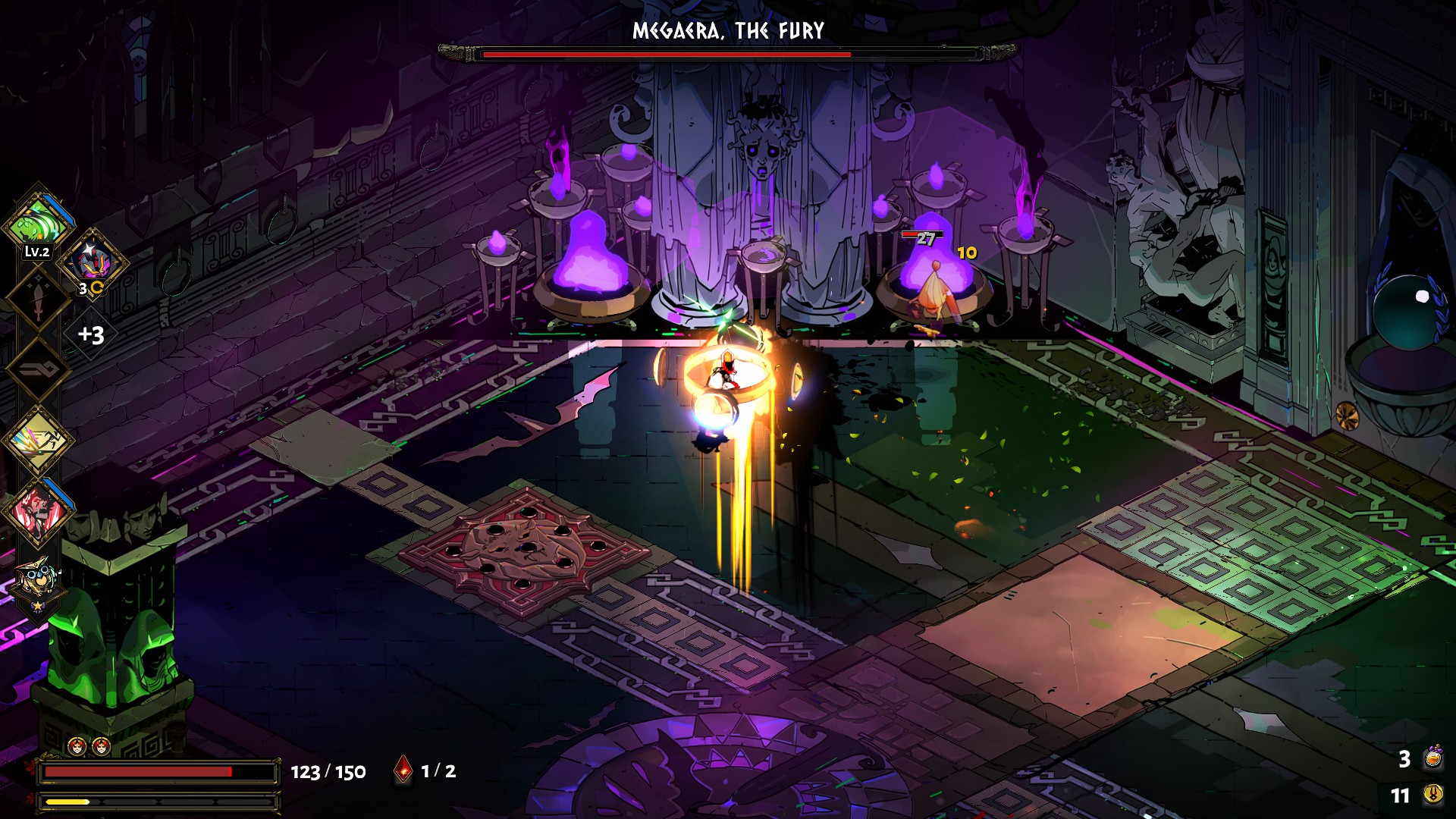
The lambent plume has a timer
Give Hermes a drink of nectar and he, like the other Olympians, will share a keepsake with you. His is the lambent plume, a feather that gives a boost to dodge chance and speed that increases every time you clear a room quickly enough to impress the pacey god. It's great.
The time limit changes from room to room, and when it runs out you'll hear a little chime. It's easy to miss, but underneath its icon on the left of the screen, which looks like a phoenix feather, is a clock that runs down as your time runs out. If you're trying to get the achievement for earning 20 percent dodge chance with it, you'll be staring at this a lot.
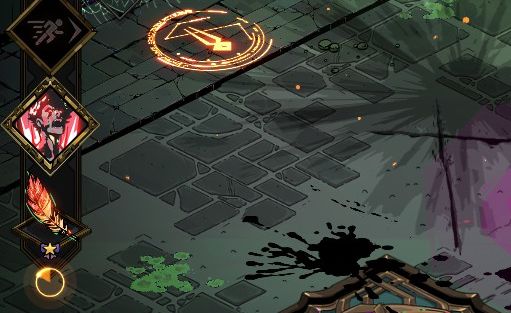
You won't be punished for using god mode
God mode is what Hades calls easy difficulty. It gives you 20 percent resistance to all damage, and each time you die that resistance goes up by two percent until it maxes out at 80. You will still die a bunch, but it transforms Hades from a tricky roguelike into something a little more accessible.
You shouldn't feel guilty about using it, because Supergiant clearly don't think you should. You can turn god mode on at any point, and having it on makes no difference to the story or the achievements. Every developer thinking about difficulty modes and accessibility features could learn from it.
Aphrodite's aid is better than it sounds
The goddess of love has a call that charms enemies so they attack each other for several seconds. Useful when you're in a room full of shades, but some of the toughest enemies in Hades are bosses that only have friends around for the occasional phase. What's the point of Aphrodite's aid, then?
Though the boon description doesn't mention this, it also causes a substantial amount of damage when it hits someone. What's more, enemies do bonus damage to each other, just like traps do more damage to enemies than to Zagreus. One more thing to note: It can be useful just to get a boss off your back for several seconds. When combined with boons that make your god gauge fill up faster so you can use it more often, charm can simply turn off a boss multiple times in a single fight.
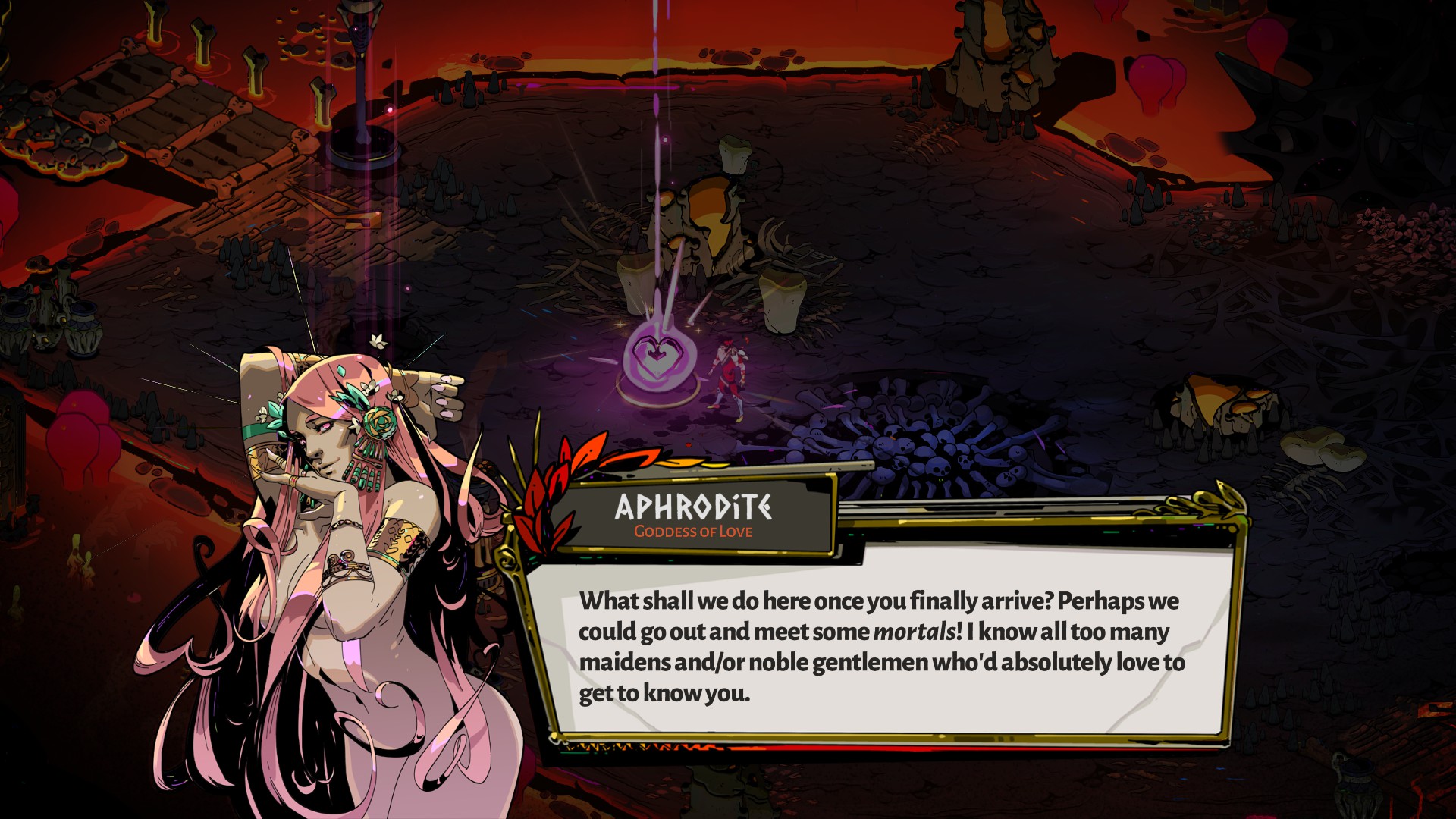
There are romances
I'd been playing Hades for 20 hours before I realized this, but some of the NPCs in the underworld can be romanced. Improve your affinity with the NPCs in question by giving them nectar, talk to them every time you see them, and eventually you'll fill up that row of hearts next to their name in the codex.
There are three romanceable NPCs: Dusa, Thanatos, and Megaera. There are no downsides for pursuing romances with as many of them as you like all at once; This is Greek mythology we're talking about.
No, you cannot romance Sisyphus's boulder. I know, he has a nice smile, but he's not an option.
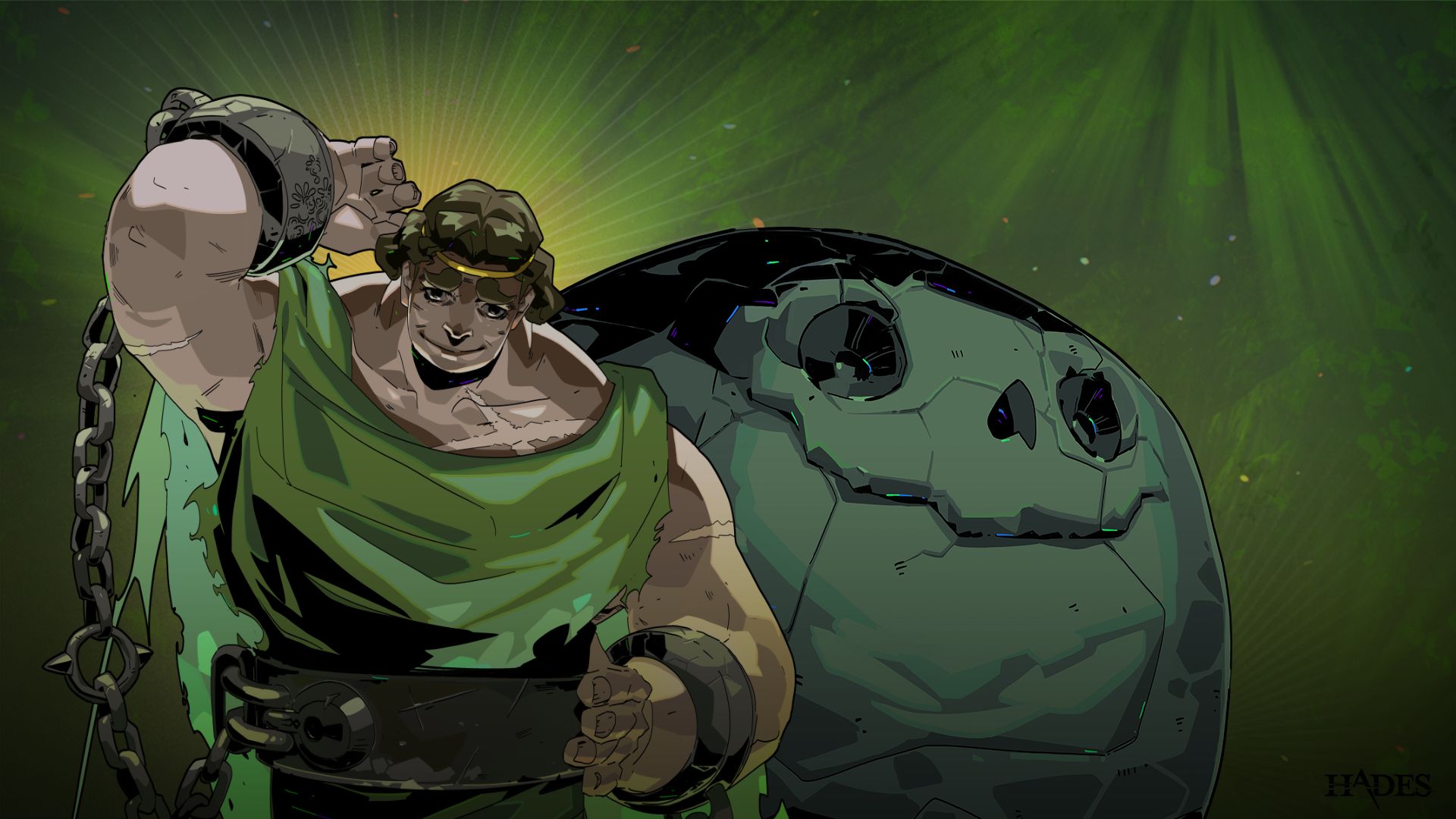
The codex index is worth buying if you see it
Some boons are only offered in the right circumstances. Boons that affect your call won't appear if you don't have one, and duo boons—powerful gifts that synergize the powers of two gods—usually have strict requirements. Trying every boon at least once to cross them off the Fated List of Minor Prophecies can be a hassle.
You need the codex index. This upgrade lets you view each god's boons from their page in the codex, which Achilles gives you after your first few escape attempts. Here's the thing, though. I know how useful the codex index is from watching other people use it, but I don't have it myself. It's supposed to appear in the contractor's list of work orders for a cost of 50 gems at some point after you buy the Fated List of Minor Prophecies, but there must be some other trigger required because it's not appearing for everyone. Keep an eye out, and if you figure out how to make it appear, let me know.
(Update: Turns out the codex index only shows up after your first duo boon. There are various ways to increase your likelihood of being offered duo boons, like the Gods' Legacy upgrade in the Mirror of Night.)
Escaping the Underworld is not the end
You may be wondering, since Hades is a game with a story and an end goal, does it just roll credits and kick you back to a menu once you achieve that end? Keeping it vague for the sake of avoiding spoilers: No, it does not. There's plenty more to do after you fight through Elysium. Hades remains a roguelike at its core, and part of the genre is the expectation that your first clear is really the beginning of the journey, rather than its finale.

Jody's first computer was a Commodore 64, so he remembers having to use a code wheel to play Pool of Radiance. A former music journalist who interviewed everyone from Giorgio Moroder to Trent Reznor, Jody also co-hosted Australia's first radio show about videogames, Zed Games. He's written for Rock Paper Shotgun, The Big Issue, GamesRadar, Zam, Glixel, Five Out of Ten Magazine, and Playboy.com, whose cheques with the bunny logo made for fun conversations at the bank. Jody's first article for PC Gamer was about the audio of Alien Isolation, published in 2015, and since then he's written about why Silent Hill belongs on PC, why Recettear: An Item Shop's Tale is the best fantasy shopkeeper tycoon game, and how weird Lost Ark can get. Jody edited PC Gamer Indie from 2017 to 2018, and he eventually lived up to his promise to play every Warhammer videogame.

